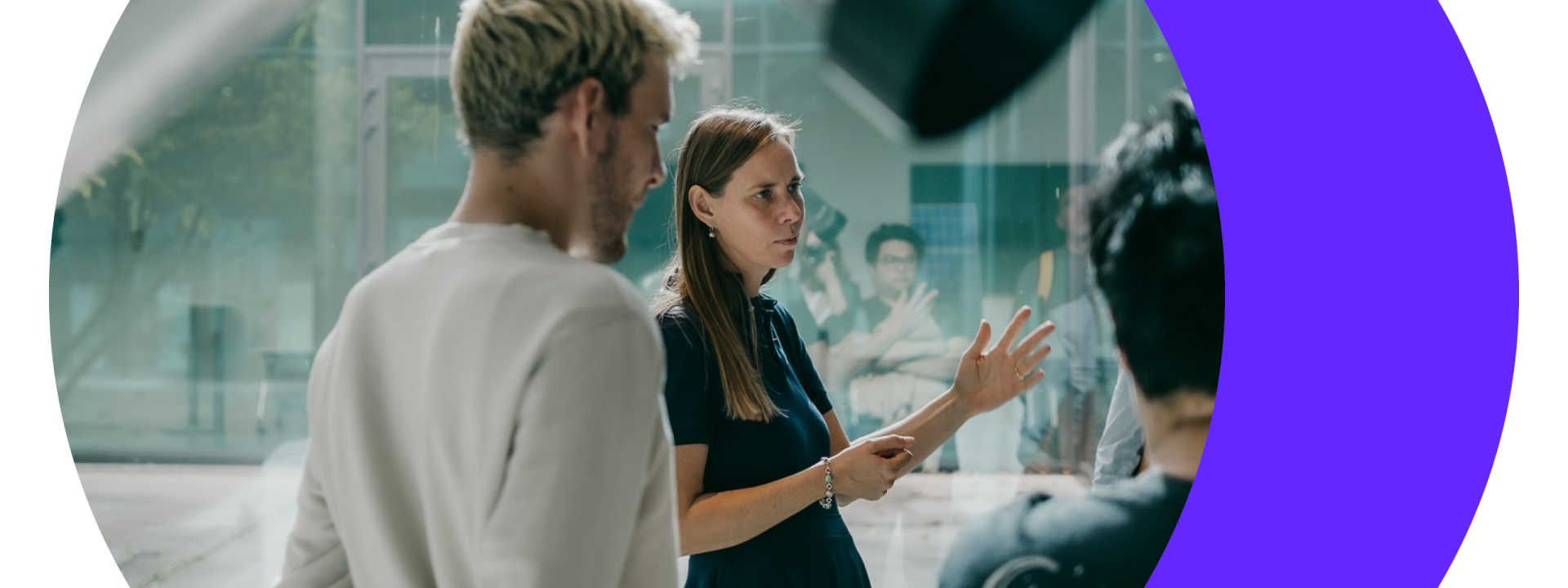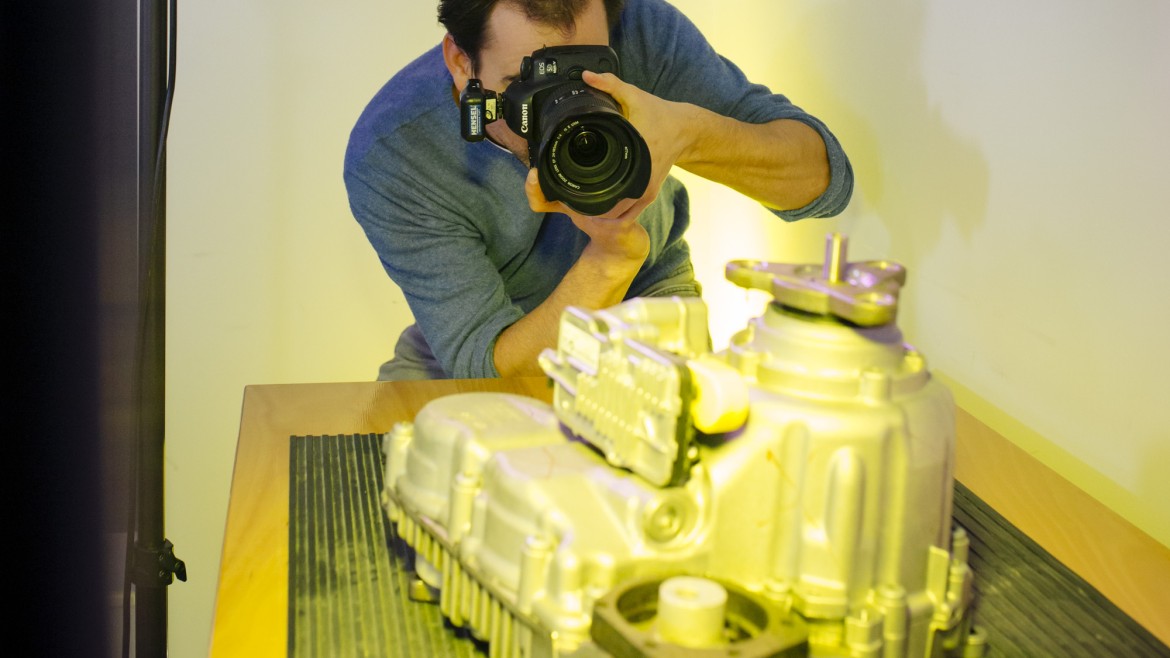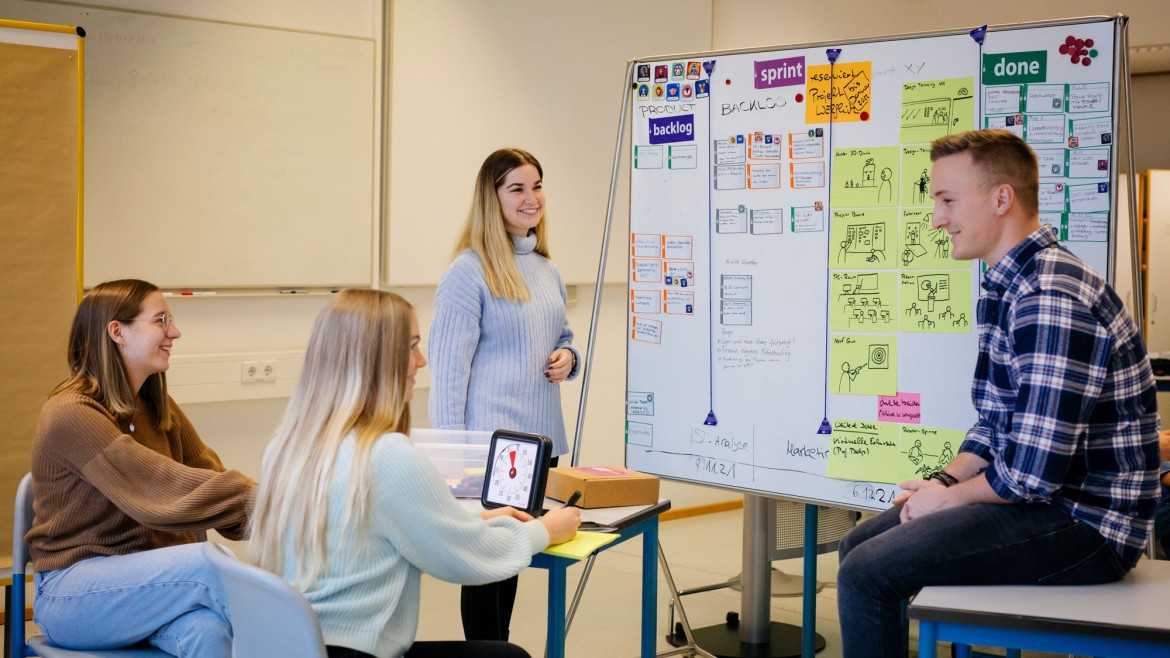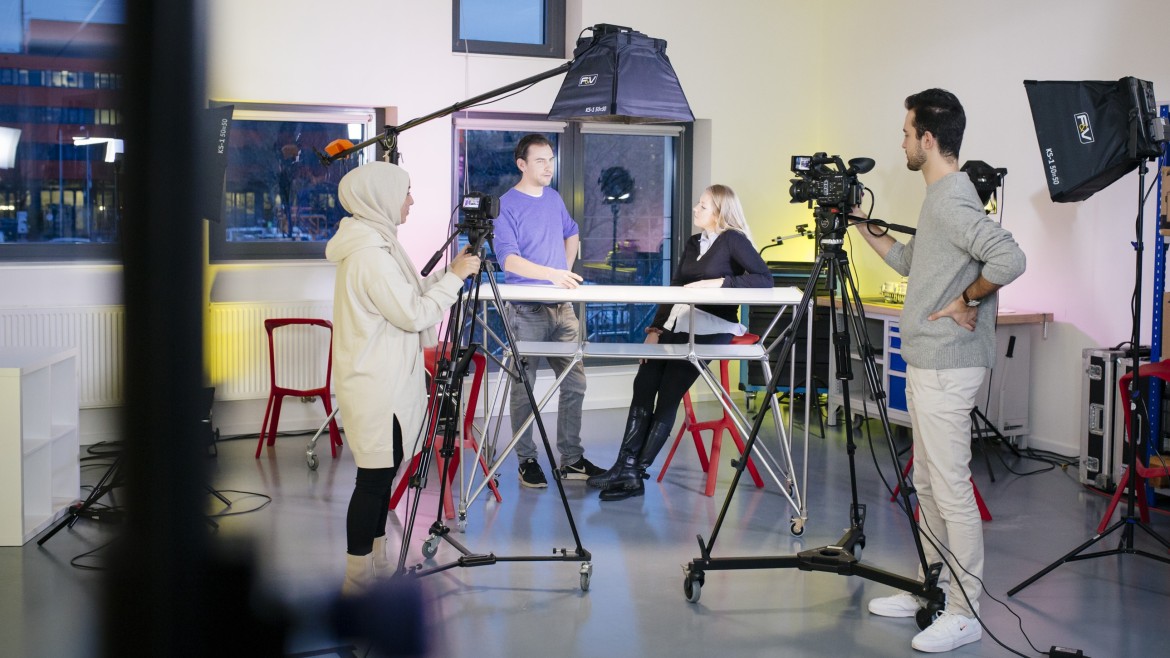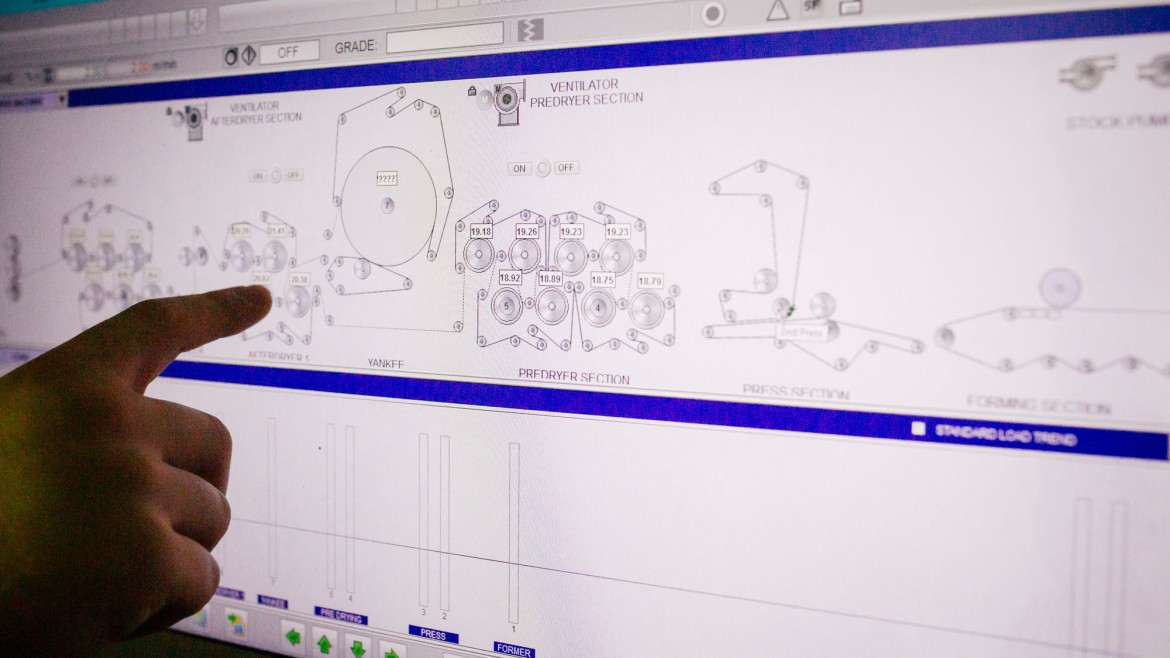Communication of Science, Technology and Innovation (Continuing Education Master)
Making complex technologies understandable and building the bridge between technology and people - that's what graduates - that's what graduates of the Master's in Communication of Science, Technology and Innovation do.
Contact
Study communication of complex technologies
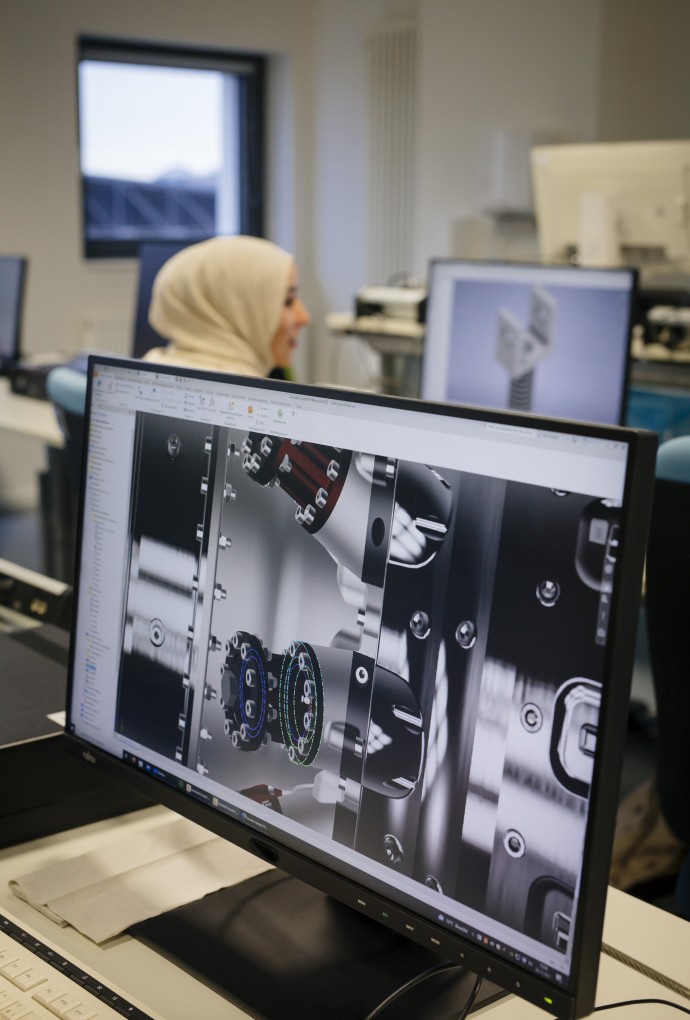
Become an expert in communicating complex technologies. In times of rapid information gathering, fake news and high frequency of information, keep an overview and create the basis for informed decisions and social participation. Develop communication strategies for complex technologies, science, innovations and transformations in the internal and external communication of technology companies, research organizations and associations: target group-oriented, society-oriented and correct in terms of content.
You are studying the master's programme Communication of Science, Technology and Innovation part-time and in an interdisciplinary manner. Your competence rests on three pillars and a solid engineering foundation:
- Core: STEM
- Context: business and society
- Transfer: media concepts and production
Learn about Prof. Dr. Anke van Kempen's motivation to develop the Master's programme Communication of Science, Technology and Innovation. (Video in German)
At a glance
Degree: Master of Engineering (M.Eng.)
Standard duration of study: 5 semesters
Start: 1. October each year (winter semester)
Application deadline: 2. May to 15. June
approx. 2.000 Euro per semester plus tuition fees (fees are 100% tax deductible)
- a first degree comprising at least 180 ECTS credits
- 6 months’ relevant work experience (this can be acquired during the first year of study if necessary)
- Fundamental university-level knowledge of STEM subjects as well as business administration, economics, organizational psychology or media law, as well as journalism or communication sciences, as well as design, photo or video production
- German language ability at level C1
- English language ability at level B2
- study at one of the best universities for applied sciences (UAS7)
- in cooperation with Mediaschool Bayern gGmbH
- interdisciplinary studies
- focuses on practical and transferable skills
- intensive collaboration with partner companies and organizations
- bilingual teaching (German and English)
- consecutive, part-time degree programme for working professionals
- lectures held evenings, weekends, online and one week of in-classroom teaching per semester
How is the course structured? In a short video, course director Prof. Dr. Anke van Kempen explains the disciplines that make up the Master's in Communication of Science, Technology and Innovation. (Video in German)
Study Structure
| Sem. | STEM subjects | Business and society | Media concepts and production |
|---|---|---|---|
| 1 | Specialisation of applied informatics | Communication of Science, Technology and Innovation in business and societal contexts | Design and production of text-based instruments (Ger./Eng.) |
| 2 | Energy concepts, energy transition and energy efficiency | Media law and mediation | Design and user experiencence |
| 3 | Materials for sustainable development and production | Communication research and evaluation | Design and production of image and sound |
| Cross-pillar project | |||
| 4 | Information technology and knowledge management | Participation, inclusion and media ethics | Design and production of moving images |
| Cross-pillar project | |||
| 5 | Master‘s thesis | ||
Lectures take place in the evenings, at weekends, online and in one week of in-classroom teaching per semester and are partly bilingual (German / English). It is important to us that the course focuses on practical and transferable skills and allows you to incorporate theoretical knowledge directly into your everday work.
Who is the study programme suitable for?
The Master's degree programme Communication of Science, Technology and Innovation is suitable for
- Engineers wanting to further built a career in a communication-rich environment
- Business graduates, designers, graduates of social sciences and arts that are looking to get into a technical field of communication
- Trainees and junior consultants in technology companies, scientific organizations, associations and agencies.
- Freelancers, people who are switching or returning to their career and are looking to enhance their experience with current knowledge from research and media technologies
Prof. Dr. Anke van Kempen explains why the Master's programme is a continuing education model and what advantages this brings. (Video in German)
Job expectations
You will be able to work in internal and external communication or project management at technology companies, research organizations and associations. You will be able to provide advice working at agencies or business consultancies and communicate complex knowledge in education and professional development:
